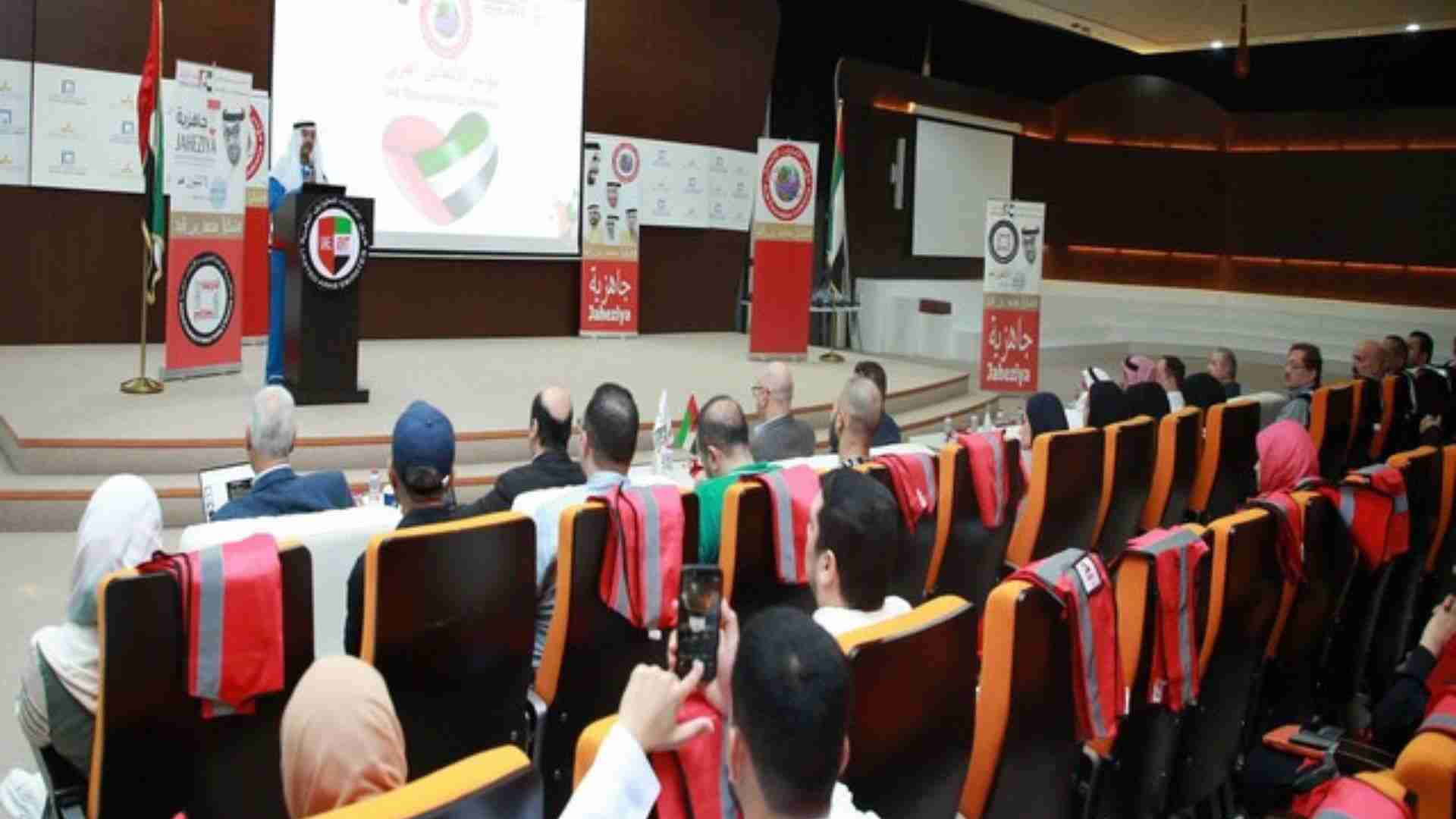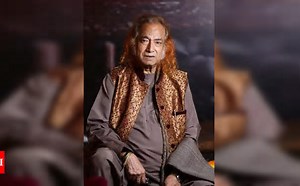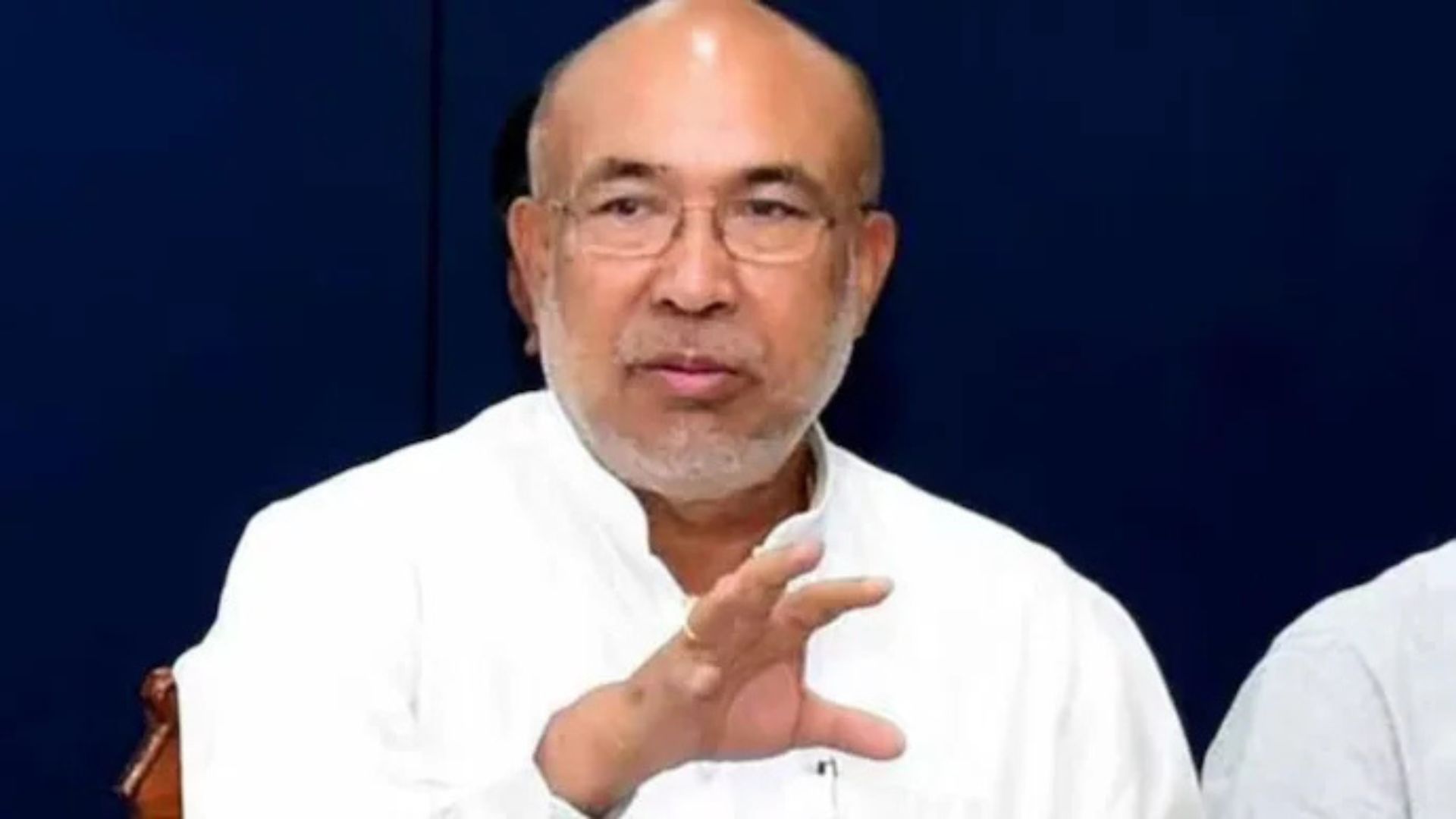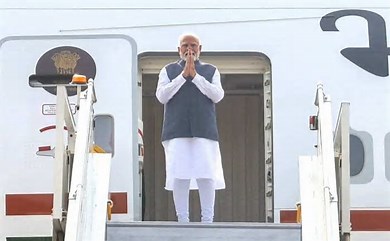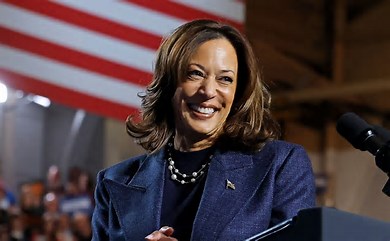
The Opposition’s Presidential candidate Yashwant Sinha’s recent comment that, if elected President of India, he would never let the Citizenship Act get implemented, had stirred the hornets’ nest in India and re-triggered the debate on the same. The passing of the Citizenship Amendment Act (CAA) on 11 December 2019 had triggered a wave of unprecedented protest sweeping across the length and breadth of India. Countries in the Indian sub-continent, particularly Muslim majority nations like Pakistan and Bangladesh, observed these developments with anxiety.
The Indian Citizenship Act, 1955, essentially provides for granting citizenship in four distinct ways—birth, descent, registration and naturalization. The key parameter for securing citizenship by way of naturalization entails the prospective candidate for Indian citizenship fulfilling two key conditions—the individual should not be an illegal immigrant and the individual should have stayed in India for eleven years and more. The Citizenship Amendment Act, 2019 aims to fast-track citizenship for persecuted Hindus, Parsis, Sikhs, Buddhists, Jains and Christians who arrived in India before 31 December 2014, from Muslim-majority Afghanistan, Bangladesh and Pakistan.
The biggest fear and myth doing the rounds in India and globally is that the CAA will lead to Indian Muslims being selectively discriminated and stripped of their citizenship. It is very pertinent to note that the CAA has no provision for taking away citizenship, it merely has the provision for granting Indian citizenship. Indian Muslims need not be under any fear of them being put under any detention camp. The Indian Constitution enumerates things the state cannot do; things the state may do; and things the state must do. When courts pronounce laws as constitutional, they certify their minimal acceptability. If courts declare laws unconstitutional, they imply the laws have failed even this basic test. Beyond this minimal acceptability test, everything else falls within the domain of public policy. The Supreme Court has to adjudicate the constitutional invalidity question of the CAA on the threshold of whether it is violative of the Right to Equality or not.
A MATTER OF POLICY?
For the Government of India to pass the aforesaid minimal acceptability test, it essentially has to satisfy the Supreme Court as to whether it is treating two groups of equals, unequally, in which case the CAA would immediately be struck down from the statute books as being violative of Article 14 or whether it is treating un-equals, unequally? Constitutionally, it is permissible to treat un-equals, unequally, but it is impermissible to treat un-equals, equally. The Constitution permits laws enacted to specifically protect and further the interest of marginalized groups.
Arguments advanced by the Modi dispensation hinge around the aforesaid. The Modi government argues that in the Muslim majority nations of Pakistan, Bangladesh and Afghanistan, there has been a steady and rapid decline of the non-Muslim population primarily on grounds of being persecuted on account of being practitioners of another faith. It is in view of this that special protective citizenship provisions have been introduced. Critics and protesters argue that if this persecuted argument were to be accepted, then the government has very conveniently forgot about the persecution of Muslim sects and ethnic groups like the Hazaras in Afghanistan, Ahamdayas in Pakistan and Rohingyas in Bangladesh. It is here that the policy argument hits hard. Former Solicitor General of India Harish Salve contends that while granting protection to certain groups, which group has to be included and excluded is a matter of policy. He further states that in his opinion, the CAA is constitutional in view of there being no iota of doubt about the need for special protection for the six stated non-Muslim religious groups. The Supreme Court will have to deftly navigate through these complex questions raised by both sides of the ideological spectrum, while striving to uphold the principles of basic human rights firmly ensconced in the international human rights regime to which India is an intrinsic part. Even if the CAA meets the minimal acceptability test and is held to be constitutionally permissible, there is no iota of doubt left that India surely needs to frame an explicit asylum and refugee policy ensconced upon the premise of promoting a just egalitarian social order. The CAA undoubtedly promotes the cause of a large section of refugees in India. However, it leaves many questions unanswered. What will be the status of the children of illegal immigrants from Muslim faith born and living in India since decades or those children (now adults) who entered India along with their illegal Muslim immigrant parent? Even if held permissible, India is certainly in need for enacting a coherent refugee policy which exhaustively caters to all forms of refugees. In the absence of any guideline to deal with the aforesaid, the Supreme Court has through a catena of judgments vested full power with the executive in India to be the arbiter of the fate of all illegal immigrants.
Aditya Manubarwala is a Counsel practising at the Supreme Court and the Bombay High Court.

